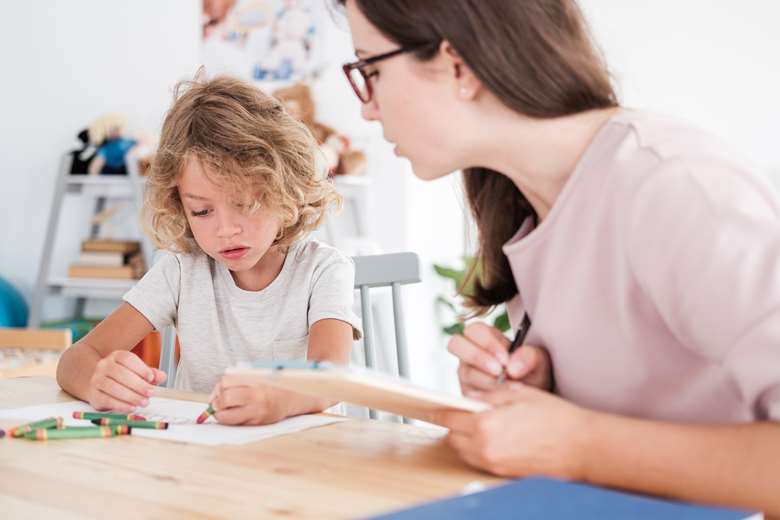Labour pledges £110m for early years out of total £14.7bn Children’s Recovery Plan
Annette Rawstrone
Wednesday, June 2, 2021
Proposals for children to ‘play, learn and develop’ are central to Labour’s post-Covid education recovery plan released today [Wednesday] but it has been criticised for a lack of focus on the early years.

Labour states that its Children’s Recovery Plan is ‘fuelled by widely held understanding that children make academic progress when they are happy and well-supported’.
The plans include a £110m investment into an ‘Early Years Recovery Premium’ out of a total proposed spend of £14.7bn. This would see the current Early Years Pupil Premium increase to match primary Pupil Premium levels (from £302 to £1,345 per child) but the Early Years Alliance says, while this is higher than the Government’s current spending, ‘more ambitious action’ is needed.
Labour’s proposals also include:
- Ensure no child goes hungry: extending free school meals over the holidays, including the summer break.
- Quality mental health support in every school: giving children in-school counselling staff alongside boosting wellbeing through extra activities.
- Breakfast clubs and new activities for all children: expanding the range of extracurricular clubs to boost time for children to play and socialise.
- Continued development for teachers: training to stay on top of the latest knowledge and techniques.
Labour’s announcement came with a warning from the Shadow Education Secretary, Kate Green, that the Conservatives are ‘showing no ambition for our children’s futures’, after reports that Chancellor Rishi Sunak will only spend £1.5bn on children’s recovery, ten times less than their ‘Catch-up Czar’ Kevan Collins has said is needed.
Ms Green said that by funding activities to combine learning and play while investing in teachers and staff, Labour will ensure that children ‘not only recover, but are supported to push on’.
She added, ‘Labour’s innovative plans, informed by parents, teachers and children, will deliver not just a world-class education for all based on play and social development, but fulfilled and confident young people.
‘We must match the ambition children have for their own futures and put them at the heart of our national recovery. This is an investment that our children’s futures and the future of our country depends on.’
‘A welcome first step – but bolder action needed’
Commenting on the proposals, Neil Leitch, chief executive of the Early Years Alliance, said that, while there is an emphasis on the importance of giving children opportunities to play and socialise, there is little focus on the early years – much like the Government’s recovery plans.
‘While the proposed overall spending on the early years is significantly higher than the Government’s current education recovery commitments, it still only appears to account for less than one per cent of Labour’s overall spending plans,’ he said. ‘As such, while increasing the Early Years Pupil Premium to primary levels would be a welcome first step, much bolder, more ambitious action is needed if we are to mitigate the impact of the Covid-19 crisis on the education of our very youngest children.
‘We know that the first five years of a child's life are absolutely crucial for their long-term development, and our own research shows that the pandemic has significantly disrupted the early learning of young children across the country. We urge politicians from all parties to remember just how vital this period of education is: the early years should be at the heart of recovery plans, not an afterthought.’
NDNA’s director of Policy and Communications, Jonathan Broadbery echoed the concern that there is not enough support for children’s early development before they start school.
He said, ‘Investing early in children’s learning and development is absolutely crucial to their educational outcomes later in life. Evidence has shown that access to high quality early education helps close the attainment gap for children from disadvantaged backgrounds.
‘Labour’s plans to bring the Early Years Pupil Premium in line with the rates paid for children in primary schools would help address the existing imbalance in the system. This would support efforts to close the attainment gap but it is just one piece of the funding picture. Children, providers and practitioners in the early years sector urgently need more support.
‘Increasing investment in children’s early years pays dividends in the long-term. It is important for education recovery to support each stage of a child’s development, not leaving it until they start school, when vital opportunities to support our youngest learners have been missed. Without more support for early years, and focusing largely on investment for school-aged children, this plan risks leaving recovery too late.’








